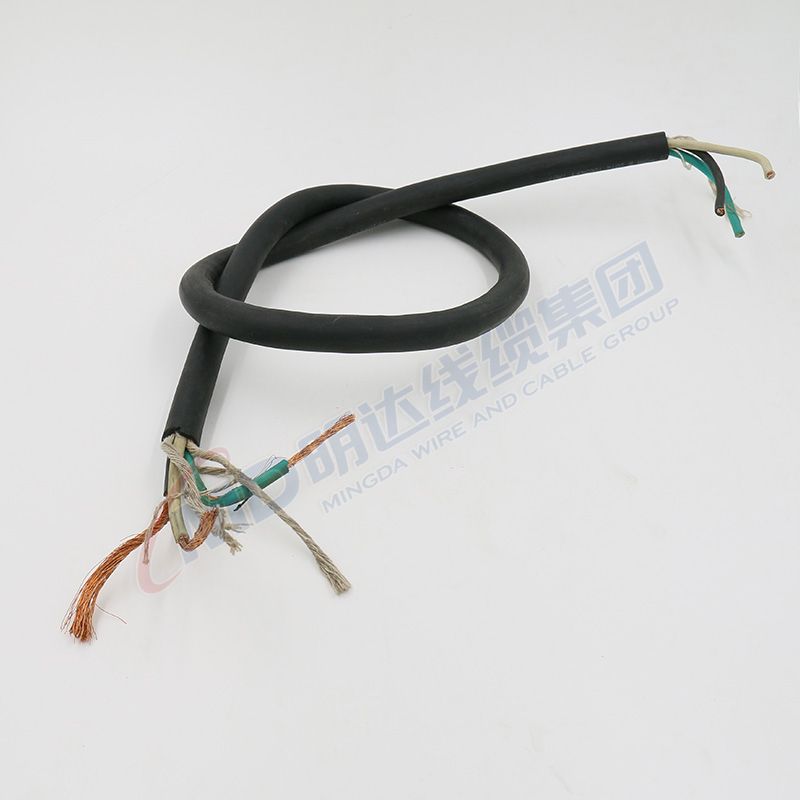Dec . 04, 2024 14:43 Back to list
Understanding the Functionality of Floating Ball Check Valves in Fluid Systems
The Floating Ball Check Valve An Essential Component in Fluid Systems
In fluid dynamics, the efficient management of flow is paramount. Check valves are critical components in various systems to ensure that fluids flow in the desired direction. Among various types of check valves, the floating ball check valve stands out due to its unique operation and versatility in numerous applications. This article delves into the design, functionality, advantages, and applications of floating ball check valves.
Understanding the Floating Ball Check Valve
A floating ball check valve consists of a spherical ball that is free to move within the valve body. This design allows the ball to float on the fluid flowing through the valve. The valve typically has two ports an inlet and an outlet. When fluid flows in the forward direction, the ball lifts off the seat, allowing unrestricted passage of the fluid. Conversely, when the flow attempts to reverse, the ball is forced down onto the seat, creating a seal that prevents backflow.
Key Features and Design
The construction of a floating ball check valve can vary depending on its intended application, but several common features are noteworthy
1. Material Selection Floating ball check valves can be made from various materials including stainless steel, brass, plastic, and other alloys. The choice of material largely depends on the working environment and the type of fluid being handled.
2. Ball Design The ball is usually made of a material that is compatible with the fluid. It is often smooth to minimize wear and maximize sealing efficiency.
3. Spring Mechanisms Some floating ball check valves may incorporate springs to help close the valve more reliably during low pressure conditions when the fluid’s velocity is insufficient to lift the ball.
4. Size and Configuration Floating ball check valves come in different sizes and configurations to suit various piping systems. They can be found in threaded, flanged, or socket weld designs to facilitate easy installation.
Advantages of Floating Ball Check Valves
Floating ball check valves offer several distinct advantages
1. Simplicity and Reliability Their straightforward design minimizes the potential for malfunction, which is critical in applications where reliability is vital.
floating ball check valve

2. Efficient Flow Management By ensuring that fluids move in only one direction, floating ball check valves prevent backflow, which can cause contamination, damage, or inefficiencies in systems.
3. Versatility These valves can handle a wide range of fluids, including liquids and gases. Their ability to operate under various pressures and temperatures makes them suitable for diverse industries.
4. Low Maintenance Given their robust construction and fewer moving parts, floating ball check valves require minimal maintenance, contributing to lower operational costs over time.
Applications in Industry
Floating ball check valves are utilized across numerous sectors, highlighting their versatility and essential role in fluid management
1. Water Supply Systems These valves are commonly found in municipal water supply systems to prevent backflow, ensuring clean water delivery.
2. Oil and Gas Industry In pipelines transporting crude oil and natural gas, floating ball check valves help mitigate risks associated with fluid backflow and pressure surges.
3. Chemical Processing The ability to withstand corrosive fluids makes floating ball check valves indispensable in chemical plants where hazardous materials are handled.
4. HVAC Systems In heating, ventilation, and air conditioning systems, these valves help maintain optimal flow dynamics, ensuring efficient temperature control.
5. Food and Beverage In sanitary applications, floating ball check valves are used to prevent contamination while ensuring efficient processing of food and beverage products.
Conclusion
Floating ball check valves play an invaluable role in numerous fluid systems, providing safety, efficiency, and reliability. Their simple yet effective operation minimizes maintenance while ensuring the integrity of fluid flow in various applications. As industries continue to evolve and demand more robust fluid management solutions, the floating ball check valve is likely to remain a key component in the engineering of safe and efficient systems. Understanding their design and functionality not only allows engineers to select the right valve for their needs but also highlights the importance of these devices in our everyday lives.
Share
-
Reliable Wafer Type Butterfly Valves for Every IndustryNewsJul.25,2025
-
Reliable Flow Control Begins with the Right Ball Check ValveNewsJul.25,2025
-
Precision Flow Control Starts with Quality ValvesNewsJul.25,2025
-
Industrial Flow Control ReliabilityNewsJul.25,2025
-
Engineered for Efficiency Gate Valves That Power Industrial PerformanceNewsJul.25,2025
-
Empowering Infrastructure Through Quality ManufacturingNewsJul.25,2025